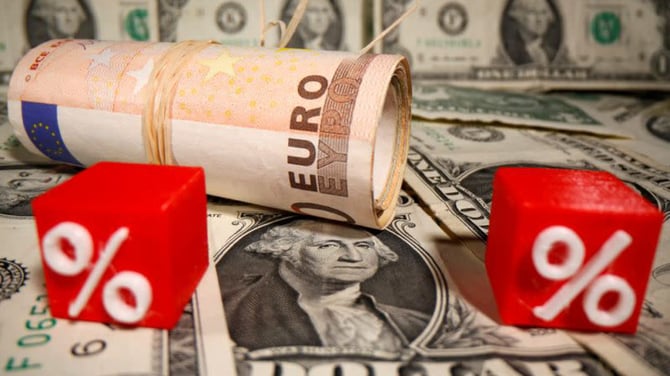Currencies Stay Soft On Omicron Fears

Key currencies continued to trade cautiously as markets tried to figure out how the Omicron COVID variant would affect monetary policy.
The Australian dollar was steady at $0.7171, having made gains this week as investors looked towards risk-friendly currencies. Meanwhile, the Euro settled at $1.1331, after moving 0.7% following Wednesday’s trading. Likewise, the Canadian dollar remained steady after the Bank of Canada decided not to hike its interest rates.
Markets have been unsettled while they wait for definitive news about how the new COVID-19 variant will affect trade and travel.
One indication of how currencies can react is the Pound Sterling, which fell to $1.3207 in Wednesday’s trading, a low not seen in a year. This comes after UK leaders imposed tougher COVID-19 restrictions in England.
Market players are also speculating about when central banks will cut back pandemic-era emergency stimulus and raise interest rates. The US Federal Reserve is expected to act first, with analysts anticipating an announcement from the American central bank next week that it will accelerate tapering of its bond-buying program.
What does this mean for me?
The global currencies that underpin FOREX markets are closely influenced by world events. As a FOREX trader, by keeping a close eye on monetary policy decisions and how they relate to broader world events like COVID-19, you can equip yourself to navigate the FOREX markets with more confidence.
Whether you are trading short or long, key world events by important decision makers like central bankers will help you execute your strategy better.
More News
.webp)
US Dollar Faces Biggest 6-Month Drop in Half a Century
.webp)
Dollar Slips to Three-Year Low as Trump Eyes Early Fed Appointment
.webp)
AI-Powered Trading Bots Bring a New Kind of Threat
.WEBP)
Euro Value Surges as Markets React to Tariff Shock

Euro’s Slide: What’s Behind the Drop and What’s Next?

Sterling Gains Against Euro as Central Banks Move Apart

Euro Remains Steady Amid Tariff Threats
